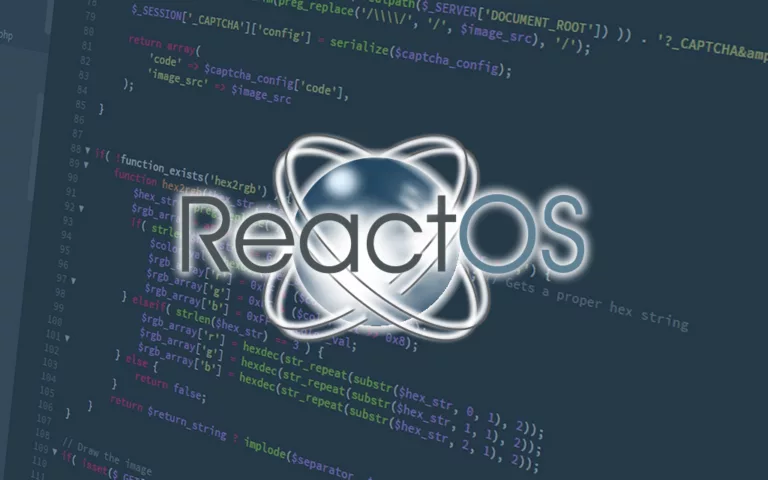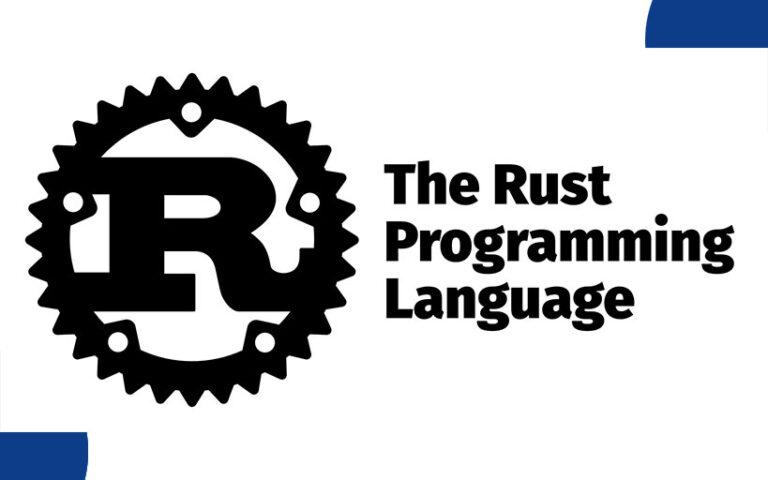Open Source Visual Studio Code Without Trackers now available

An open source version of Visual Studio Code that doesn’t pass telemetry data back to Microsoft has been released. VSCodium aims to offer a more private development experience to Visual Studio developers.
What worries some developers about Visual Studio Code is that it passes telemetry and tracking information back to Microsoft. This can be turned off in the Visual Studio Preferences Settings menu, but some developers in the past have objected that even when they did this, they saw situations where the telemetry servers used by Microsoft were still being contacted. Microsoft’s response was that this was to send the information that telemetry was disabled, but this still annoyed developers.
Now there’s an alternative. VSCodium is a tracking-free, free and open source build of Visual Studio Code. The project consists of special build scripts that clone Microsoft’s vscode repo, run the build commands, and upload the resulting binaries for you to GitHub releases. As the VSCodium page on GitHub points out:
“This is not a fork. This is a repository of scripts to automatically build Microsoft’s
vscoderepository into freely-licensed binaries with a community-driven default configuration”
The creators of the software say:
“These binaries are licensed under the MIT license. Telemetry is enabled by a build flag which we do not pass.”
The creators also say that if you want to build from source yourself, you can get it from Microsoft’s vscode repo where there are instructions on how to do so without the telemetry build flag. The VSCodium has been created to make it easier to get the latest version of MIT-licensed VSCode.
As with the ‘official’ Visual Studio Code, VSCodium is available for Windows, macOS and Linux. It comes with built-in support for JavaScript, TypeScript and Node.js and has extensions for other languages (such as C++, C#, Java, Python, PHP, Go) and runtimes (such as .NET and Unity).
As with the ‘official’ Visual Studio Code, VSCodium is available for Windows, macOS and Linux. It comes with built-in support for JavaScript, TypeScript and Node.js and has extensions for other languages (such as C++, C#, Java, Python, PHP, Go) and runtimes (such as .NET and Unity).
More Information
Credit: Kay Ewbank (i-programmer.info)















